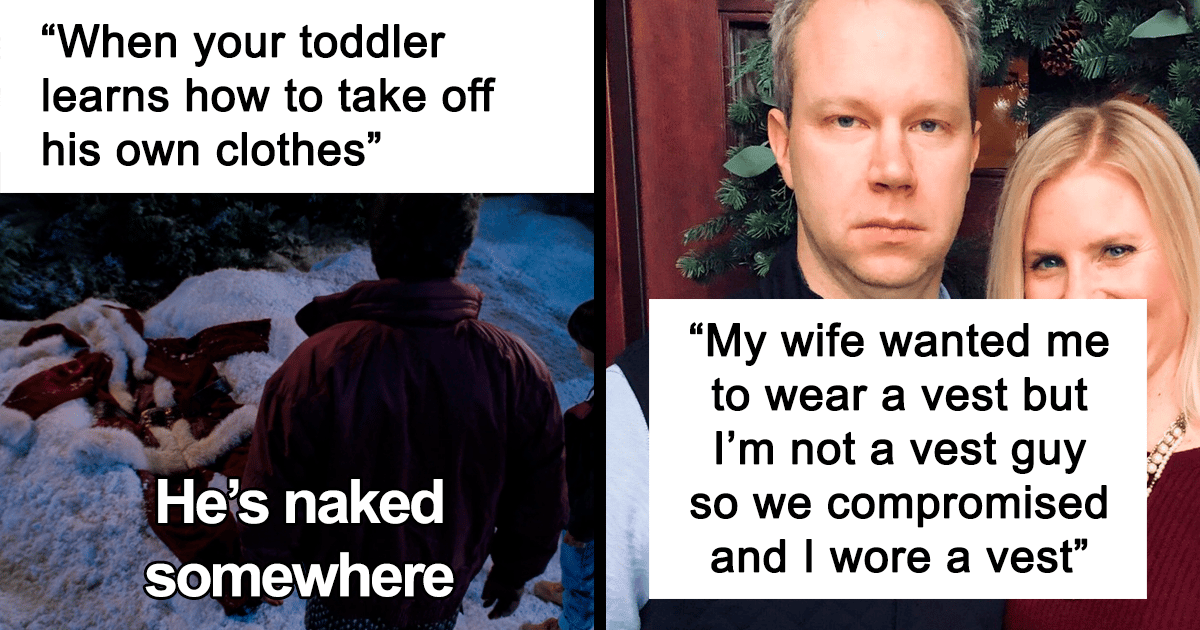A man’s life changes after he becomes a father. Because then the responsibility doubles since taking care of another person is a huge task.
But then between everything, one cannot forget the iconic dad jokes. That’s why there’s an online project called The Dad and it’s dedicated to illuminating this joyful journey. One of the ways it does that is by tweeting and retweeting spot-on takes on family life and parenting.
1.

2.

We managed to get in touch with Joel Willis, the founder and executive editor for The Dad, and he was kind enough to have a little chat with us about his own parenting journey.
“As a parent, the only thing you can be certain of is that you will be constantly surprised by what happens. What To Expect When Expecting should just say ‘Who knows? But you’ll figure it out, probably,'” Willis told us.
Every kid, family, and the experiences they share are so different, and Willis thinks it’s precisely the reason why raising a child is the best challenge you can have. “Every day is a clean slate full of endless possibilities for tragedy and triumph.”
“Parents should keep that in mind, and not be too rigid about what they expect to happen or how they think their kid must behave,” he said. “Go with the flow and embrace the craziness. If everything went as planned, wouldn’t that be boring? I’m seriously asking, wouldn’t it? Please let me know. I have no idea because nothing in my life has gone as planned since my first kid was born 12 years ago.”
“While every journey is different, all parents are on the same unpredictable rollercoaster. That’s why The Dad content resonates with so many, because we get to laugh at the shared absurdity of it all,” the man added.
3.

4.

5.
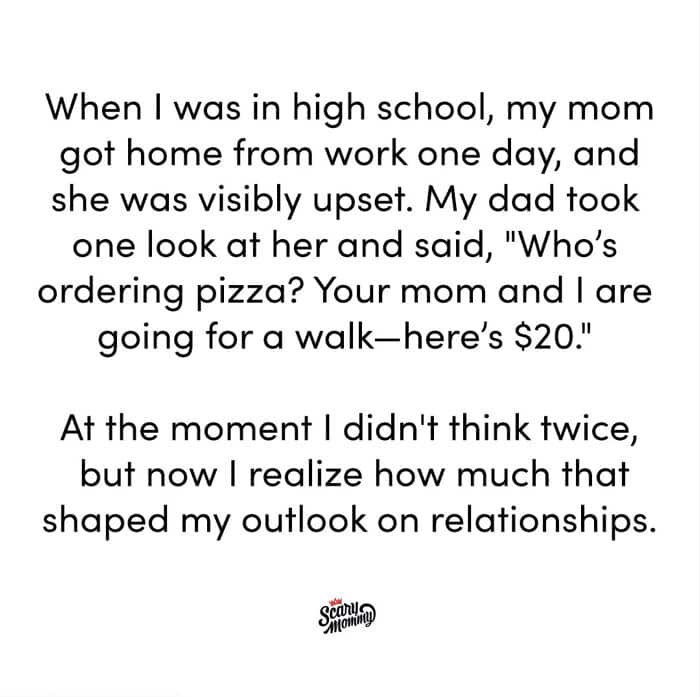
Going through these tweets, the idea that a man can possess parenting instincts and is not just suited to be a provider or a hapless sidekick looks natural, but it is actually relatively new. Just a few generations ago, it was highly controversial. In the ’70s, for example, the expectation that men should do more was picking up steam, but they were still considered a poor substitute for moms.
“[The mid-’70s] was the heyday of attachment theory, which, as it was incarnated then, was very much focused on the critical importance of the attachment between an infant and its mother in the first years of life,” Michael Lamb, who became a forerunner of fatherhood research at the time and continues to study it at the University of Cambridge in the UK, told Today’s Parent. “That went along with the assumption that it was the only [primary] relationship kids could form.”
6.

7.

8.

9.

But at the turn of this century, researchers discovered an incredible detail about men: our bodies transform when we become fathers. Turns out, our hormonal systems alter dramatically when we become parents. And it doesn’t matter if we’re talking biological dads or adoptive ones, heterosexual or queer, the same applies for everyone.
This amazing revelation basically implies that despite the narrow role fathers have put themselves into for so long, our internal chemistry may have always been nudging us toward more involvement.
We know that oxytocin (the love hormone) plays a role in a mother’s initial bonding with her child after birth but researchers have observed that the same spike in oxytocin occurs when fathers hold and play with their newborns too.
10.

11.

12.

13.

When that love drug floods a new father, his testosterone level typically drops, making him less likely to take risks and more able to nurture his newborn. Furthermore, he registers an increase in prolactin, which is a hormone best known for helping women produce breastmilk.
University of Notre Dame anthropologist Lee Gettler explained that the presence of prolactin goes back hundreds of millions of years to our animal ancestors, even before mammals (and breastfeeding) existed. Over the past decade, Gettler has determined the connection between the hormone and modern-day dads. “Fathers with higher prolactin play with their babies in ways that are beneficial for their babies’ learning and exploration, and the fathers also seem to be more responsive and sensitive to infant cries,” he said. This ancient hormone increases a dad’s desire to be close to their little one!
That should come as a relief to those men who are worried about becoming a father. If you put in the time and effort, you’re going to be fine. You’re a natural!
14.

15.
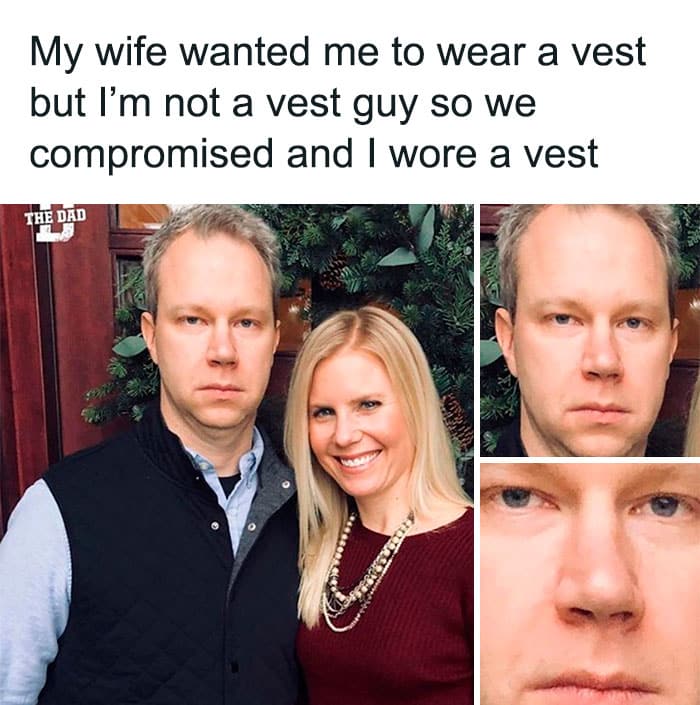
16.

17.
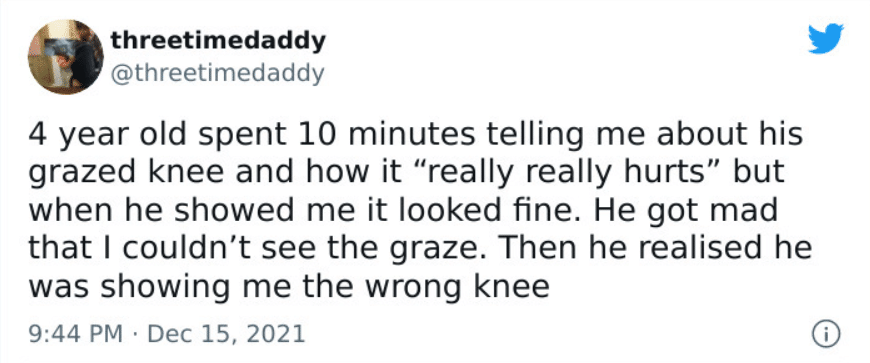
“Don’t try to be perfect,” Joel Willis of The Dad said. “There’s no such thing as a perfect parent. We all make mistakes. Our kids will grow into adults, and even if they’re happy and successful and independent, they’ll certainly resent us for something. I tell my kids this sometimes and you know what? The thing they’ll resent me for is probably telling them they’re going to resent me for something someday.”
Willis divides parenting mistakes into big and small. According to him, if you try to avoid the big ones as best you can and don’t worry about the small ones, you should be fine. “They build character,” he said.
For more similar content, follow The Dad using the links in the introduction. “I just want to mention that while I am the founder and editor-in-chief, The Dad is made up of a team of talented, creative, hilarious folks who create the best parenting content on the web, day after day,” Willis added. “They are the best.”
18.
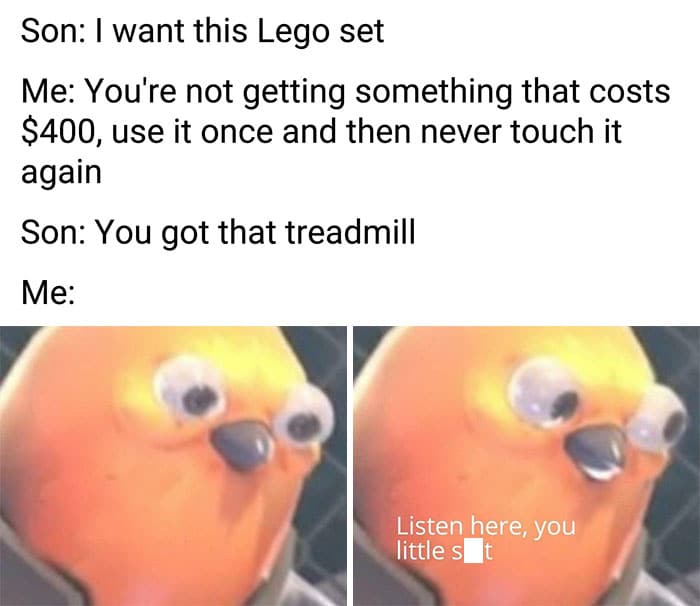
19.
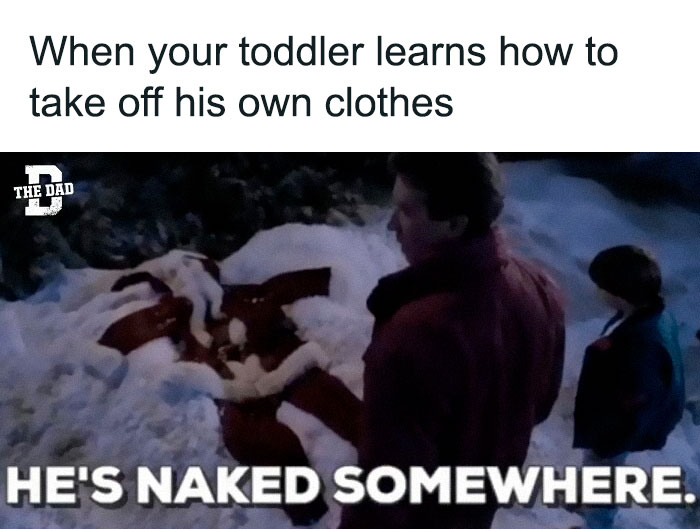
20.

21.

22.
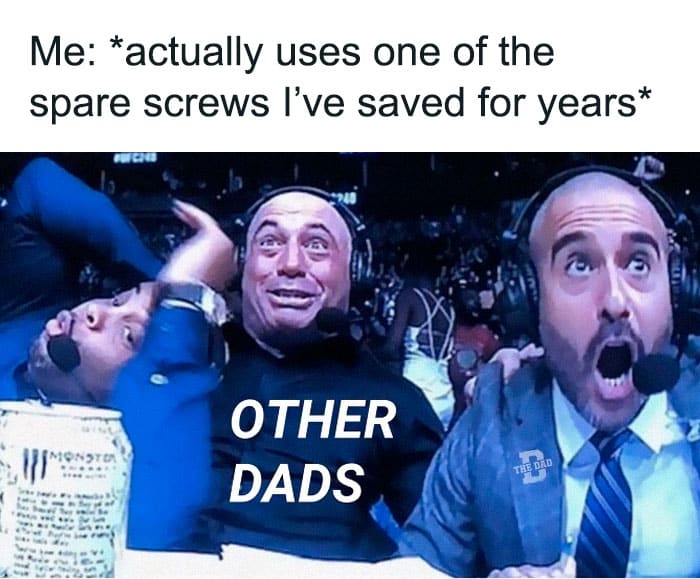
23.

24.
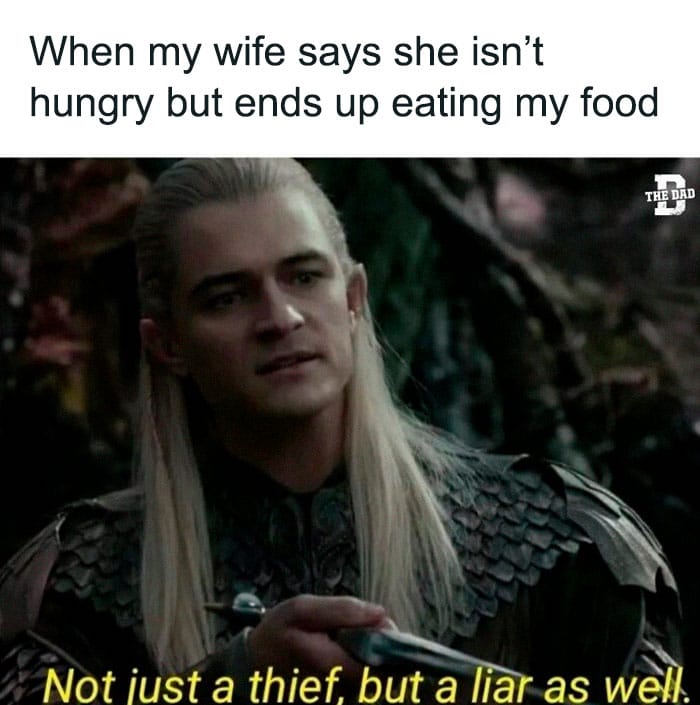
25.

26.
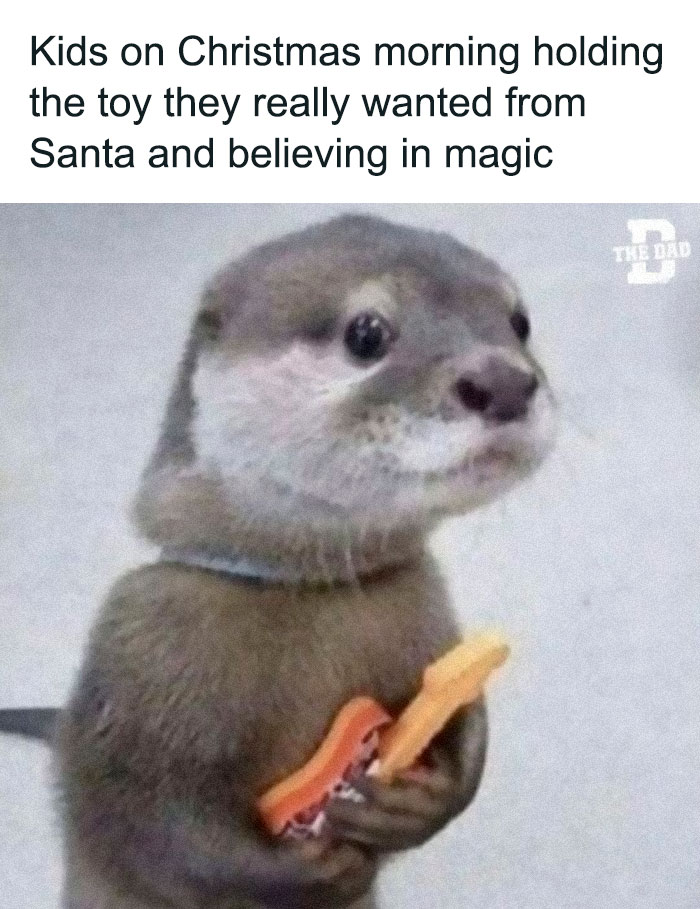
27.

28.
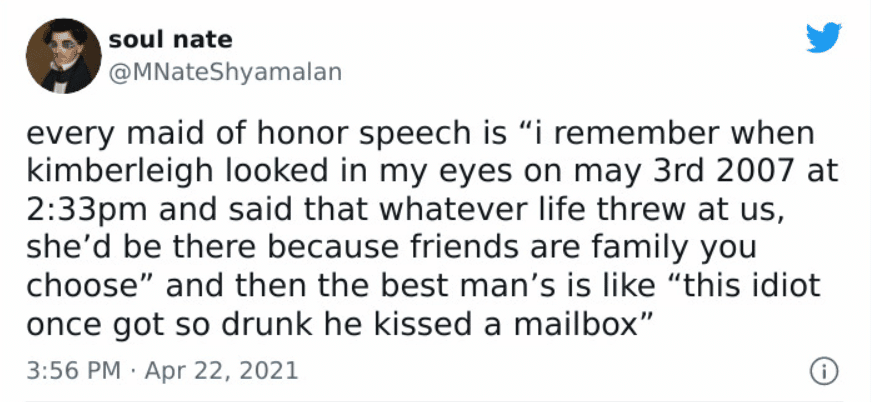
29.
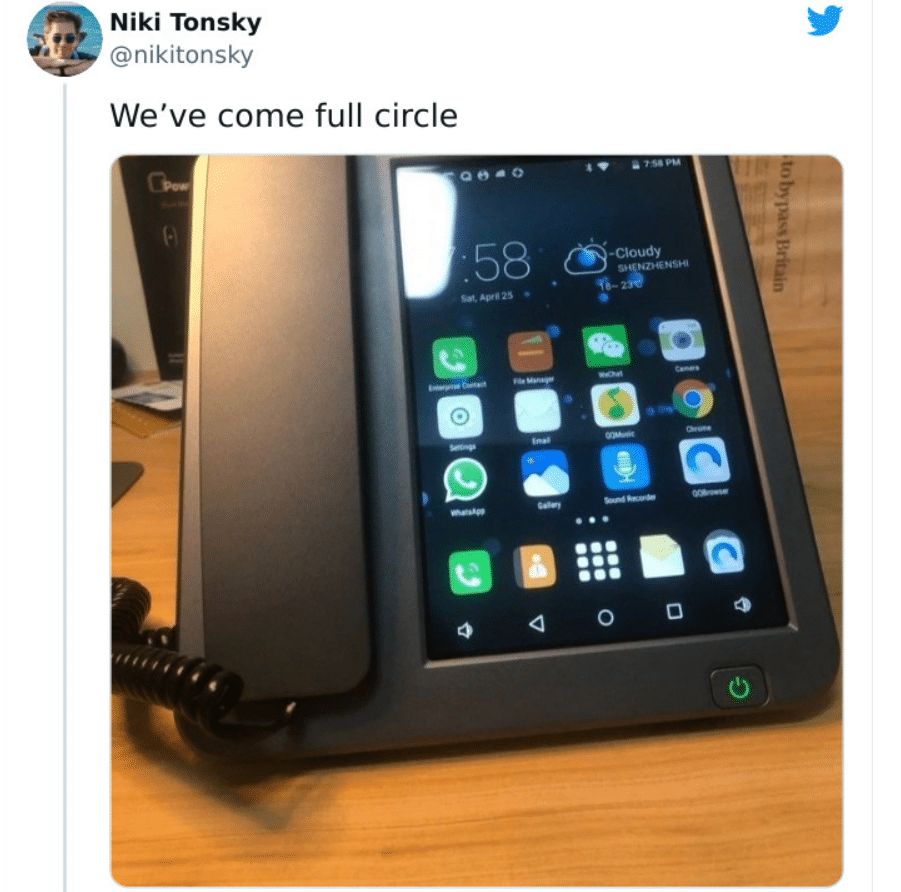
30.

31.
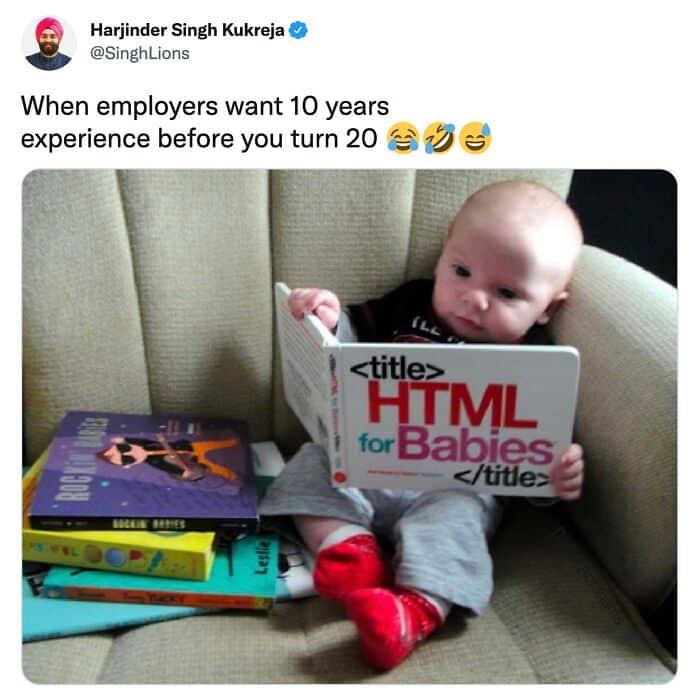
32.
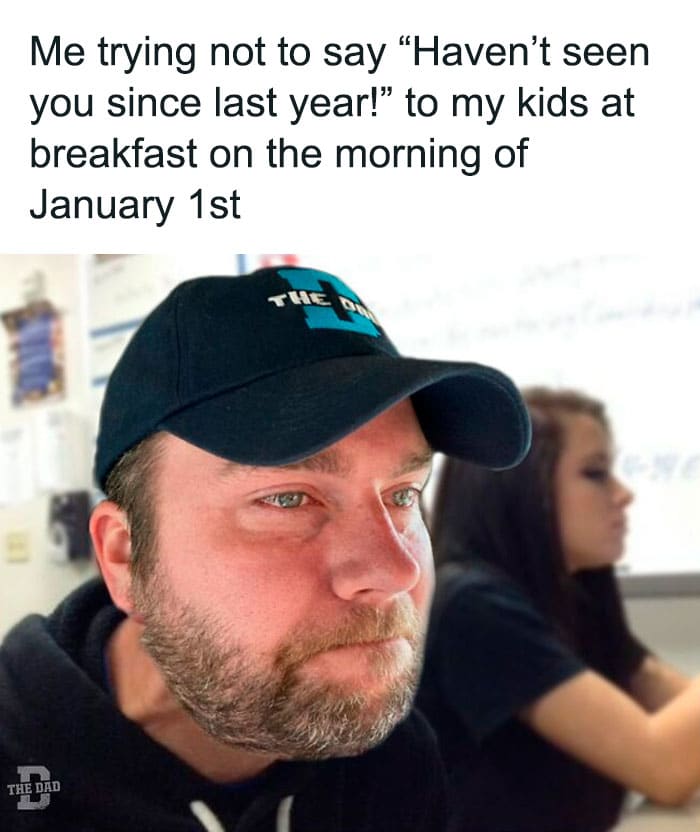
33.

33.

34.
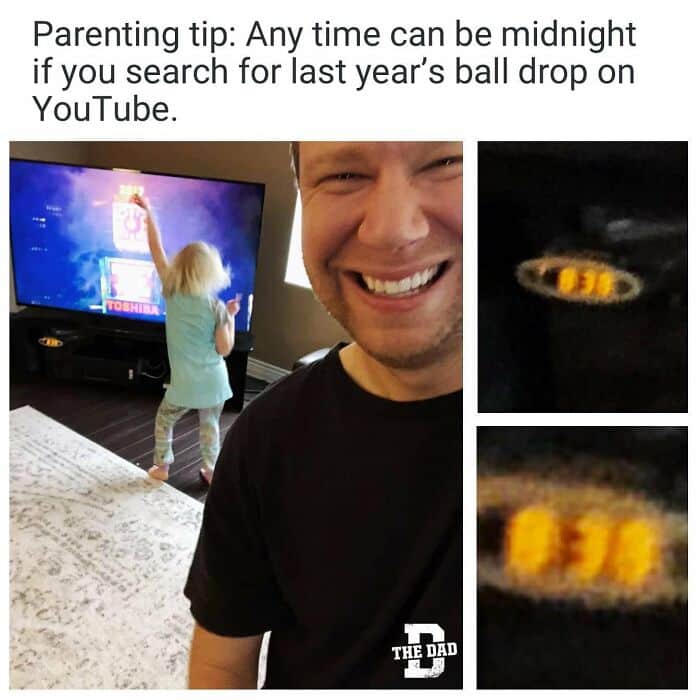
35.



